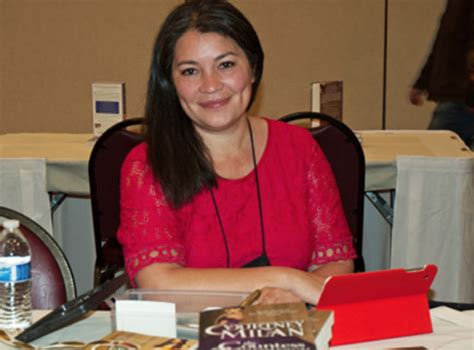A Quote by Marcel Proust
When from a long distant past nothing subsists after the things are
broken and scattered, the smell and taste of things remain.
Related Quotes
But when from a long-distant past nothing subsists, after the people are dead, after the things are broken and scattered, taste and smell alone, more fragile but more enduring, more unsubstantial, more persistent, more faithful, remain poised a long time, like souls, remembering, waiting, hoping, amid the ruins of all the rest; and bear unflinchingly, in the tiny and almost impalpable drop of their essence, the vast structure of recollection.
Organismic awareness is awareness of the Present only - you can't taste the past, smell the past, see the past, touch the past, or hear the past. Neither can you taste, smell, see, touch or hear the future. In other words, organismic consciousness is properly timeless, and being timeless, it is essentially spaceless.
Most things are forgotten over time. Even the war itself, the life-and-death struggle people went through, is now like something from the distant past. We're so caught up in our everyday lives that events of the past, like ancient stars that have burned out, are no longer in orbit around our minds. There are just too many things we have to think about every day, too many new things we have to learn. New styles, new information, new technology, new terminology ... But still, no matter how much time passes, no matter what takes place in the interim, there are some things we can never assign to oblivion, memories we can never rub away. They remain with us forever, like a touchstone. And for me, what happened in the woods that day is one of these.
The past is a curious thing. It's with you all the time. I suppose an hour never passes without your thinking of things that happened ten or twenty years ago, and yet most of the time it's got no reality, it's just a set of facts that you've learned, like a lot of stuff in a history book. Then some chance sight or sound or smell, especially smell, sets you going, and the past doesn't merely come back to you, you're actually IN the past. It was like that at this moment.
Habit is necessary. It is the habit of having habits, of turning a trail into a rut, that must be incessantly fought against if one is to remain alive ... one can remain alive long past the usual date of disintegration if one is unafraid of change, insatiable in intellectual curiosity, interested in the big things, and happy in small ways.





































